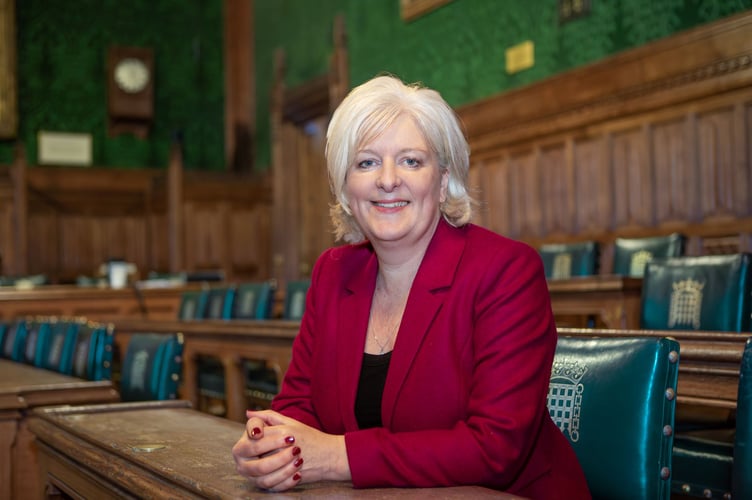I’m finally coming back down to earth after my absolute delight at the Supreme Court ruling on the Dartmoor wild camping case.
The unanimous verdict affirming the right to wild camp was a vindication of something we’ve known for a long time: that the stars are for everyone, and that access to nature is not a nice to have, but a fundamental necessity for a happy, healthy life.
Celebrating that win with hundreds of supporters on Hay Tor on Bank Holiday Monday was joyous – and it signalled the start of a wider campaign to expand the right to camp under the stars in other National Parks in England and Wales.
In opposition Labour had promised to widen access rights, however it didn’t take long for them to renege on their word.
Back in October, the environment secretary, Steve Reed, said: “our intention is to increase access to the countryside, but in a responsible way, not as a free-for-all”.
What’s strange about the Secretary’s comment here is that no one seriously involved in the access rights debate is calling for a free-for-all.
In fact, the Scottish model of access, the same one Labour promised to implement while in opposition, is contingent on responsible conduct and has exemptions for, among other things, privacy, livelihoods, and public safety.
In other words, it is not a free-for-all, or anything close. Unfortunately, what the Minister is doing here is parroting some of the language we hear from those on the other side of the debate, who often point to littering and nature protection as reasons to restrict access.
These arguments would be a whole lot more convincing if it wasn’t for the already shocking state of access. Just 8% of England has a legal right to roam over, and the UK is one of the most nature depleted countries in the world.
The problem of littering is deeply tied to these statistics. If people never experience and understand nature, how can they grow to love and respect it?
That’s why any move to extend access rights must be accompanied with a programme to connect people, at an early age, with nature and the countryside.
Alexander Darwall could have helped fund such a programme in Devon. Instead, he chose to spend nearly half a million pounds restricting access rights even further. What a shocking waste of money.
I’m glad the Dartmoor National Park Authority has taken an altogether different approach.
Using donations accrued to support the legal campaign, they’ll be funding projects like Girls Do Dartmoor, the Youth Ranger Programme, and Moors Boots, all of which do fantastic work to boost youth engagement with nature. It’s the icing on the cake for this Supreme Court win.
This is the kind of action we need to see from the Government. Being in nature is good for body and soul – and it’s never been clearer than at Hay Tor last week.
The fight for wild camping on Dartmoor is over, but the campaign goes on and I look forward to it.





Comments
This article has no comments yet. Be the first to leave a comment.